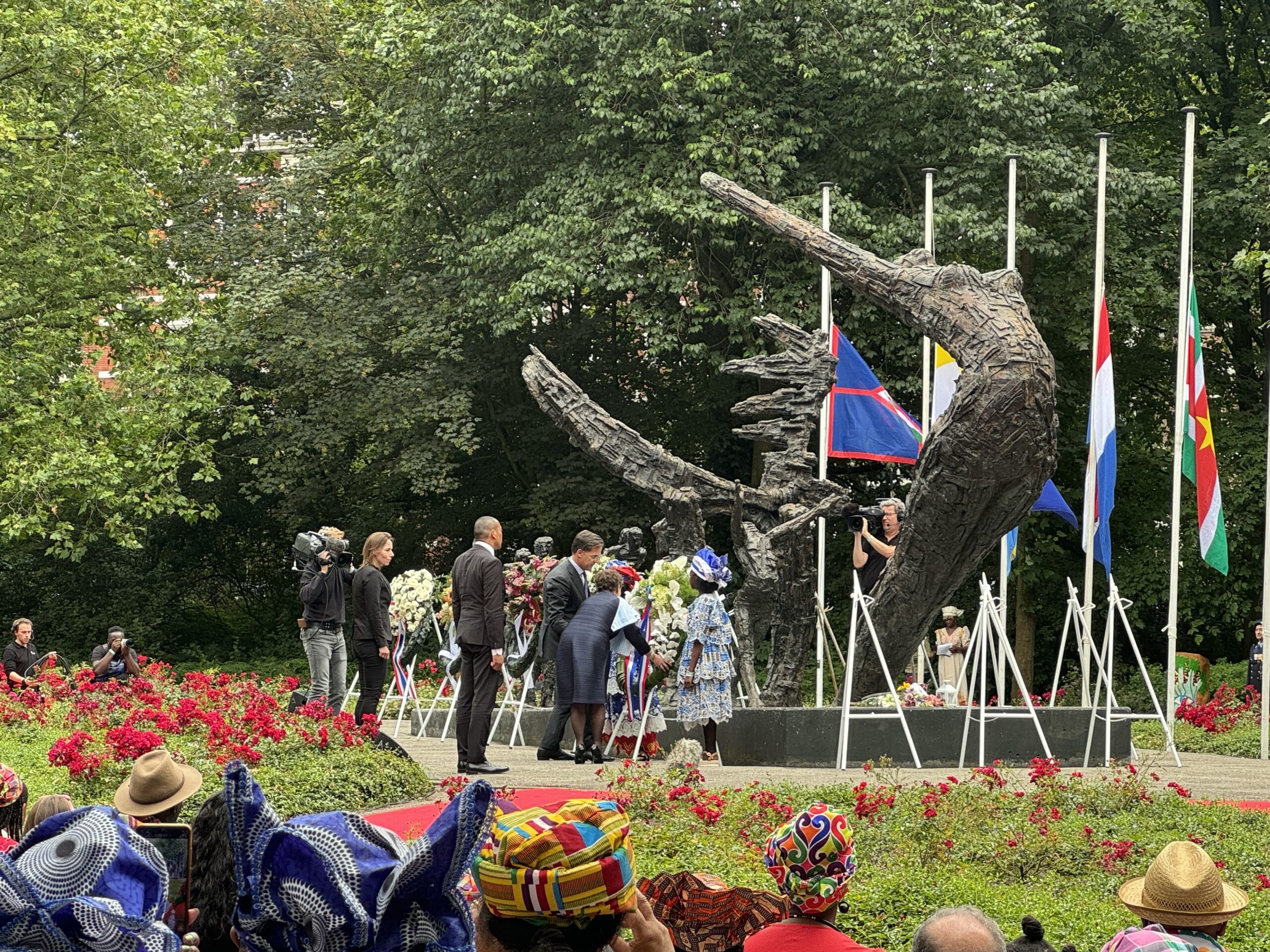More than 100 descendants of slavery apply to change their names

More than 100 descendants of people who were enslaved during the colonial era have applied to change their names since a dedicated registration scheme was set up last year.
So far 88 applications have been accepted and 23 people have had their new name officially registered, home affairs minister Judith Uitermark wrote in a letter to parliament.
Since last year people in the Netherlands whose ancestors were enslaved have been able to change their names at no cost, as part of the government’s efforts to recognise and apologise for the impact of the Dutch slave trade.
The scheme came into force on July 1, the official day of commemoration for the abolition of slavery, known as Keti Koti, meaning “break the chains”, and will run for five years.
King Willem-Alexander formally apologised for the country’s slave trading past at the Keti Koti ceremony in Amsterdam in 2023, acknowledging that “for centuries people were reduced to commodities, exploited and abused, in the name of the Dutch state.”
Uitermark said the government was working to extend the scheme to the Caribbean territories of Bonaire, Sint Eustatius and Saba by the end of this year.
Equality and justice
Previously descendants of slavery had to pay €800 and satisfy a psychologist that they were suffering from their colonial name before they could change it. Many of the names refer to plantations or their owners.
Uitermark said the efforts to recognise the injustice of slavery had got off to a good start, but more work needed to be done to raise awareness of the opportunities, such as a subsidy programme for social initiatives, among the descendants.
“By creating more awareness of this painful episode in history, we can look forward together towards an equal and just future for everyone,” she wrote.
Thank you for donating to DutchNews.nl.
We could not provide the Dutch News service, and keep it free of charge, without the generous support of our readers. Your donations allow us to report on issues you tell us matter, and provide you with a summary of the most important Dutch news each day.
Make a donation